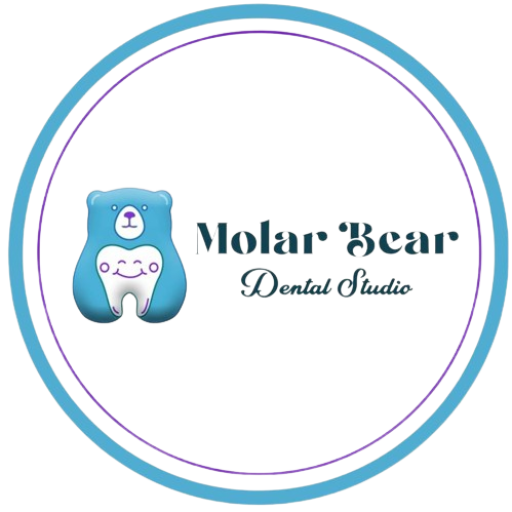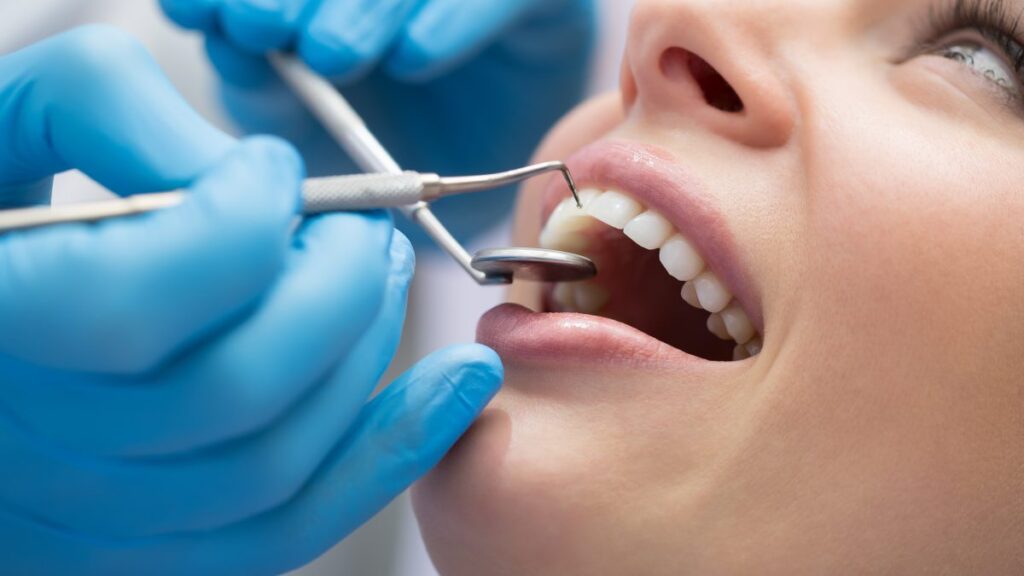Dental care is an essential part of maintaining overall health, but many people are unsure about the differences between general dentistry and specialized dental care. At Molar Bear Dental Clinic Karve Nagar, we believe that understanding these distinctions helps patients make informed decisions about their oral health. This article breaks down the key differences, roles, and when to seek each type of care.
What Is General Dentistry?
General dentistry focuses on the prevention, diagnosis, and treatment of common dental issues. General dentists are primary dental care providers who manage your overall oral health.
Key Services Offered in General Dentistry:
-
Routine Check-Ups and Cleanings:
Preventive care to maintain oral health and detect issues early. -
X-Rays and Diagnostics:
Identifying hidden dental problems such as cavities, bone loss, or impacted teeth. -
Fillings:
Treating cavities and restoring tooth structure. -
Preventive Treatments:
Fluoride applications, dental sealants, and oral hygiene advice. -
Basic Restorative Care:
Crowns, bridges, and dentures for missing or damaged teeth. -
Simple Extractions:
Removing decayed or problematic teeth when necessary.
What Is Specialized Dental Care?
Specialized dental care refers to advanced dental services provided by specialists who have completed additional education and training in specific areas of dentistry.
Common Dental Specialties Include:
-
Orthodontics:
Focuses on aligning teeth and jaws using braces, clear aligners, and other appliances. -
Periodontics:
Specializes in treating gum disease and conditions affecting the supporting structures of teeth. -
Endodontics:
Involves root canal therapy to treat infections within the tooth’s pulp. -
Oral and Maxillofacial Surgery:
Handles complex extractions, corrective jaw surgery, and facial trauma. -
Prosthodontics:
Focuses on designing and fitting artificial replacements for missing teeth. -
Pediatric Dentistry:
Specializes in dental care for infants, children, and teenagers.
Key Differences Between General Dentistry and Specialized Dental Care
| Aspect | General Dentistry | Specialized Dental Care |
|---|---|---|
| Scope of Practice | Broad, covers routine and preventive care | Focused on specific dental conditions |
| Training | Basic dental degree (DDS or DMD) | Additional 2-3 years of specialized education |
| Common Procedures | Cleanings, fillings, crowns | Braces, root canals, gum surgery |
| When to Visit | Regular check-ups, mild issues | Complex dental issues, referred by a general dentist |
When Should You See a Specialist?
-
Severe Tooth Pain: May require an endodontist for root canal treatment.
-
Misaligned Teeth: An orthodontist can help with braces or aligners.
-
Advanced Gum Disease: Requires a periodontist’s expertise.
-
Missing Teeth: Prosthodontists design custom tooth replacements.
-
Complex Extractions: Oral surgeons handle impacted wisdom teeth or facial trauma.
The Collaborative Approach at Molar Bear Dental Clinic Karve Nagar
At Molar Bear Dental Clinic Karve Nagar, our general dentists work closely with specialists to provide comprehensive care. We ensure seamless referrals and coordinated treatment plans tailored to your specific needs.
FAQs About General and Specialized Dental Care
1. Can a general dentist perform specialized procedures?
General dentists can perform some specialized procedures, but complex cases are often referred to specialists for the best outcomes.
2. Do I need a referral to see a dental specialist?
Not always, but a general dentist can guide you to the appropriate specialist based on your dental condition.
3. How do I know if I need specialized dental care?
If your dental issue is complex, persistent, or requires advanced techniques, a specialist’s expertise may be needed.
4. Is specialized dental care more expensive?
It can be, depending on the complexity of the procedure. However, it often leads to better long-term results.
5. Can I continue regular check-ups with a specialist?
No, specialists focus on specific treatments. You should maintain regular check-ups with your general dentist.




0 Comments